Question And Answer
Publications
Articles, publications, books, tools and multimedia features from the U.S. Institute of Peace provide the latest news, analysis, research findings, practitioner guides and reports, all related to the conflict zones and issues that are at the center of the Institute’s work to prevent and reduce violent conflict.
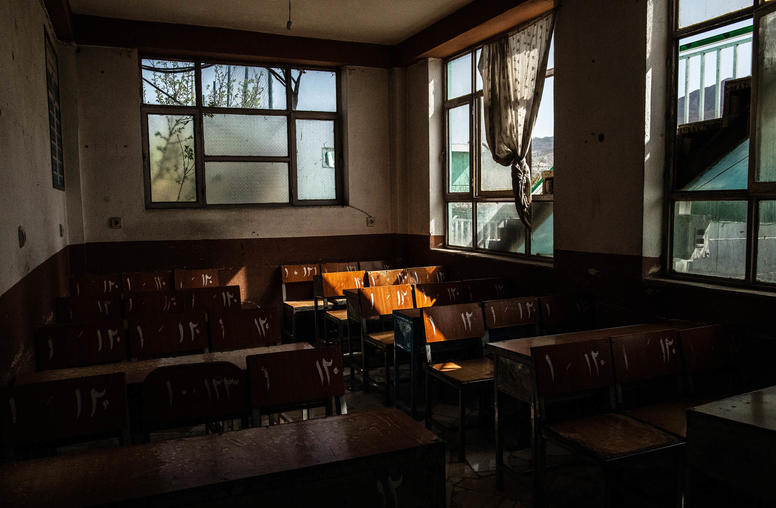
Can the Taliban’s Brazen Assault on Afghan Women Be Stopped?
The Taliban marked the New Year by doubling down on their severe, ever-growing restrictions on women’s rights. On December 20, they banned women from all universities — adding to their prior ban on girls attending middle and high school. Then the Taliban announced on December 24 that women cannot work for NGOs, including humanitarian organizations that are providing vital food and basic health services to the population that is now projected at 90 percent below the poverty rate. Western and regional governments have responded with uncommonly unified outrage and many humanitarian organizations have suspended their operations until women are allowed to return to their jobs.

The U.S. Role in Furthering Chad’s Democratic Transition
When Chadian leader Mahamat Idriss Déby announced in October that the country’s transition period would be extended another 24 months, demonstrators took to the streets in protest, where they were met with violent repression from Chadian security forces. As the dust settled, Chadian authorities initially disclosed 50 people had been killed — but opposition groups and independent observers claim a much higher figure.

Le Rôle des États-Unis dans la Transition Démocratique du Tchad
Lorsque le dirigeant tchadien Mahamat Idriss Déby a annoncé en octobre que la période de transition du pays serait prolongée de 24 mois, les manifestants sont sortis dans les rues pour protester et ont été confrontés à une violente répression des forces de sécurité tchadiennes. Lorsque les choses se sont calmées, les autorités tchadiennes ont d'abord révélé que 50 personnes avaient été tuées, mais les groupes d'opposition et observateurs indépendants avancent un chiffre beaucoup plus élevé.
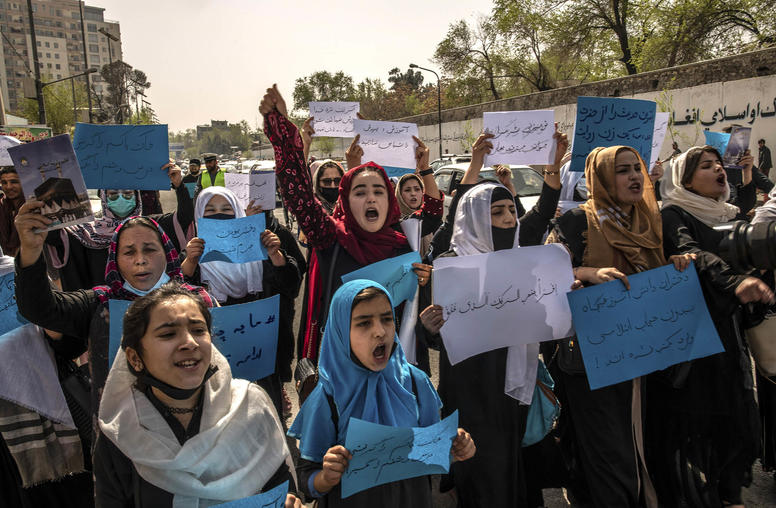
The Taliban Continue to Tighten Their Grip on Afghan Women and Girls
Since the Taliban’s August 2021 takeover of Afghanistan, they have ratcheted up restrictions on women and girls as the group consolidates power. These restrictions include limitations on employment, education, public interactions and other fundamental rights such as access to justice. These restrictions have only tightened over time with increasingly draconian enforcement — the latest being public floggings that harken back to the Taliban’s 1990s rule. Amid the U.N.’s 16 Days of Activism against Gender-Based Violence, USIP has compiled a comprehensive archive of Taliban decrees and public statements on the treatment of women and girls. While leaders and activists around the globe strategize and develop plans to address gender-based violence in their respective countries, Afghanistan stands out as a worst-case example, with two decades of hard-won progress rapidly unwinding.
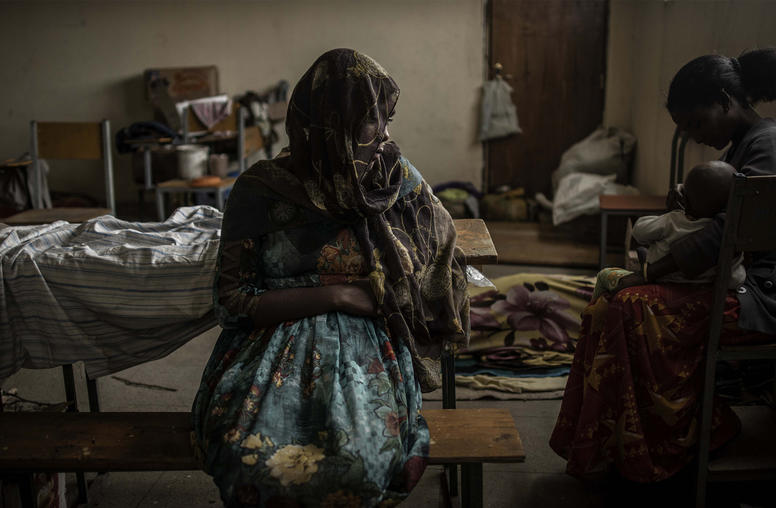
We Have Strategies to Address Gender-Based Violence — It’s Time to Implement Them
Gender-based violence against women and girls is the most pervasive breach of human rights worldwide and a tactical weapon that is fueling violent conflict. In just the last year, we have witnessed an increase in targeted attacks on women leaders, push back against women’s rights, shrinking of civil society space, virulent online harassment, and conflict-related sexual violence all in conjunction with the strengthening of authoritarianism and state aggression. This unparalleled trend is evident in many countries, including Afghanistan, Ethiopia, Iran, Myanmar and Russian-occupied Ukraine.
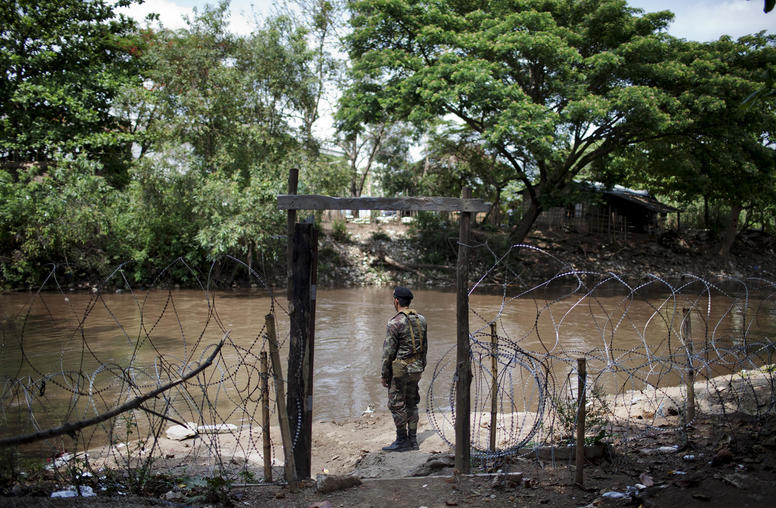
Myanmar’s Criminal Zones: A Growing Threat to Global Security
International media and law enforcement are waking up to a new post-COVID trend in transnational crime: the proliferation of criminally run zones in Myanmar and across Southeast Asia, and an explosion of human trafficking for labor in these ungoverned enclaves.
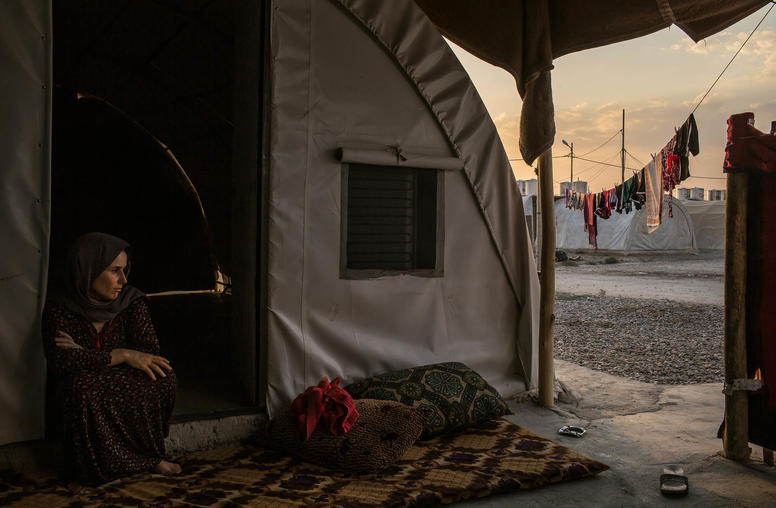
Four Ways to Include Conflict-Related Sexual Violence in Atrocity Prevention
Conflict-related sexual violence is not only an indicator of rising atrocity risk — it can also constitute an atrocity crime itself. And while the U.S. government has implemented conflict-related sexual violence response efforts, concurrent international efforts on the issue offer a solid foundation for the United States to go beyond responding to these crimes and toward prevention.
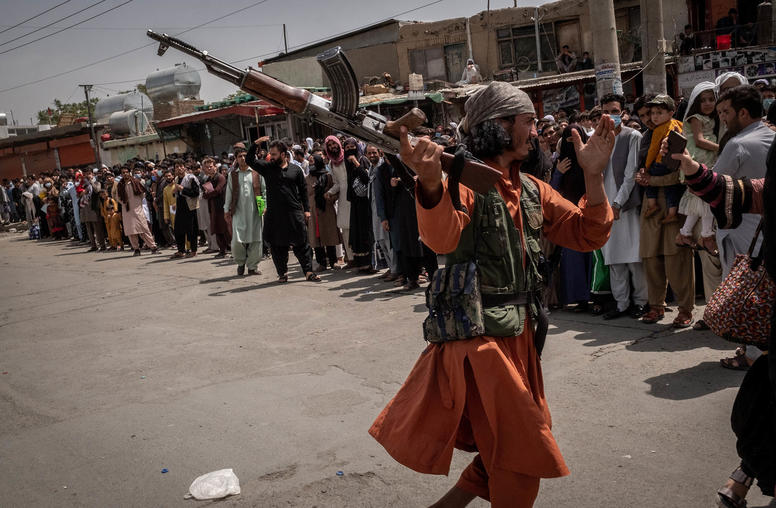
Want more accountability for the Taliban? Give more money for human rights monitoring.
Ahead of the U.N. General Assembly last week, U.N. Special Rapporteur on Human Rights in Afghanistan Richard Bennett released his first report grading the Taliban’s treatment of Afghans’ rights. It was an F. In the past year, the Taliban have engaged in a full-scale assault on Afghan’s human rights, denying women access to public life, dismantling human rights institutions, corrupting independent judicial processes, and engaging in extralegal measures to maintain control or to exact revenge for opposition to their rule. That is one of the main reasons — along with their continued support of al-Qaida and a refusal to form a more inclusive government — that Afghanistan has no representation at the U.N.
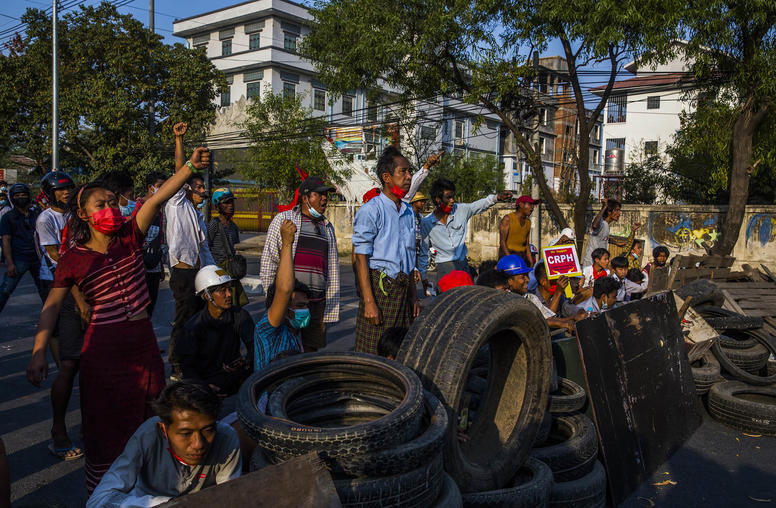
To Build a Unified Resistance and Democratic Myanmar, Discrimination Must End
Early on the morning of Myanmar’s February 2021 coup, Mya Aye, a prominent Muslim activist, was one of the first arrested by the new junta regime. Since then, thousands more have been imprisoned or killed by the regime, including dozens of Muslims, like prominent student leader Wai Moe Naing, and other marginalized minorities who have fought against the military junta alongside other ethnic and religious groups. Although the resistance shares a common enemy in the brutal junta, it has yet to fully embrace a vision for a more inclusive country that overcomes Myanmar’s legacy of ethnic and religious discrimination. To broaden its base of support domestically and internationally, resistance leaders should commit to address structural discrimination against minorities in Myanmar.

Event Extra: Taliban Rule Takes Profound Toll on Afghan Women and Minorities
This week marks the one-year anniversary of the Taliban’s takeover of Afghanistan. Despite pledges of moderation and reform from some Taliban factions, over the last year they have reinstated many of the harshest policies from their 1990s emirate, pushing women out of public life and brooking no dissent. For many Afghans — especially women, girls and ethnic and religious minorities — the threat of violence looms over daily life. U.S. Special Envoy for Afghan Women, Girls and Human Rights Rina Amiri discusses how Afghans' lives have changes over the last year, what brave Afghan women are doing to protest the rollback of their rights, and how the United States and international community can help.